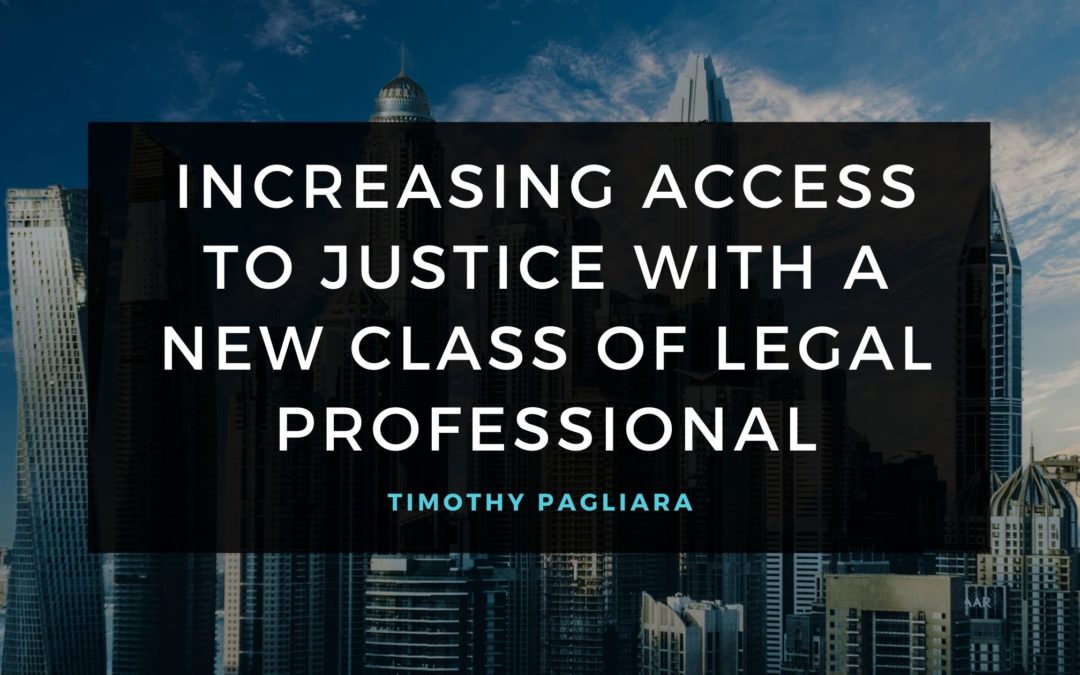Legal scholars are putting forward a creative solution for what is rapidly becoming a crisis in America – the inability to afford an attorney.
The wealthy class has no problem hiring and paying for whatever legal representation they need. Those at the lower end of the economic scale have access to free legal aid. But the group that’s increasingly left behind is the middle class.
Imagine going through a divorce, a custody battle, unrightfully being fired from your job or the need to respond to an eviction notice without the help of a lawyer. The fact is that millions of average Americans find themselves in this situation every day.
The solution, according to a pair of Stanford Law School professors, is to create a new class of legal professionals that is “less than a lawyer” but “more than a paralegal.” Think of this new category as similar to the nurse practitioner.
The creation of nurse practitioners dramatically increased access to healthcare for millions of people because they are less expensive than doctors and they also freed up M.D.’s to focus on more difficult medical conditions. A nurse practitioner is a mid-range skill that “above a nurse” but “below a doctor.”
Professors Jason Solomon and Noelle Smith said created a new legal class of operatives who can handle the less complex matters of law that are routine but still require a certain degree of legal training to navigate properly. They said a similar model has already been successful in Canada. In Ontario, so-called “independent paralegals” have been finding numerous clients and are providing high-quality legal services.
A suggested title for this new class of legal professionals might be “legal technician.” In fact, licensed attorneys routinely employ legal technicians now to handle a lot of the drudge work of working a case, such as writing up detailed paperwork and proposed orders that must be submitted to the court before a case is heard.
Not surprisingly, many lawyers may resist the creation of a new lower-tier cadre of legal professionals. They believe it will encroach on their client base. Lawyers already compete heavily for clients. On the other hand, those same lawyers only want to work with people who can pay.
Thus, a compromise solution to increase access to our justice system is a new class of legal practitioners.
